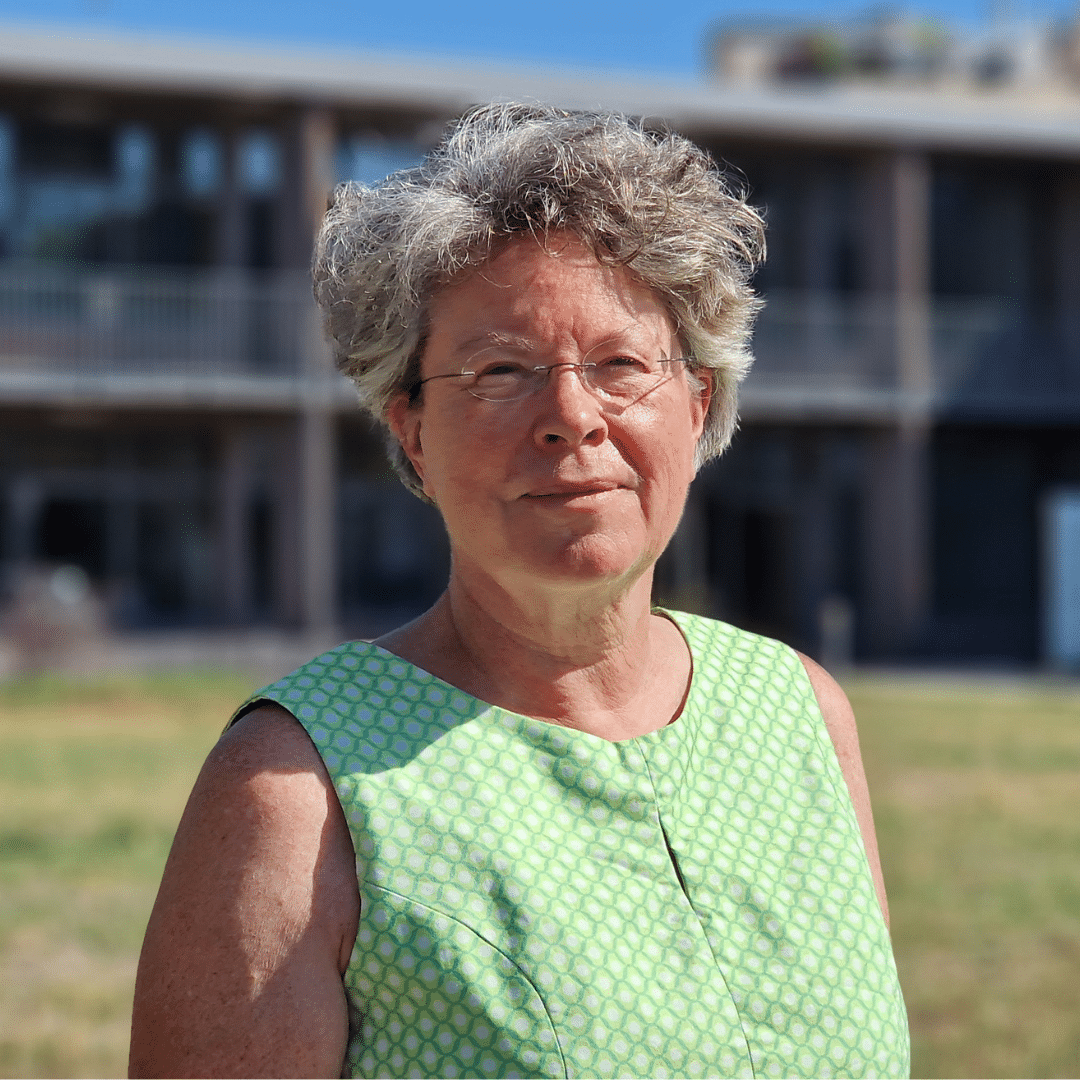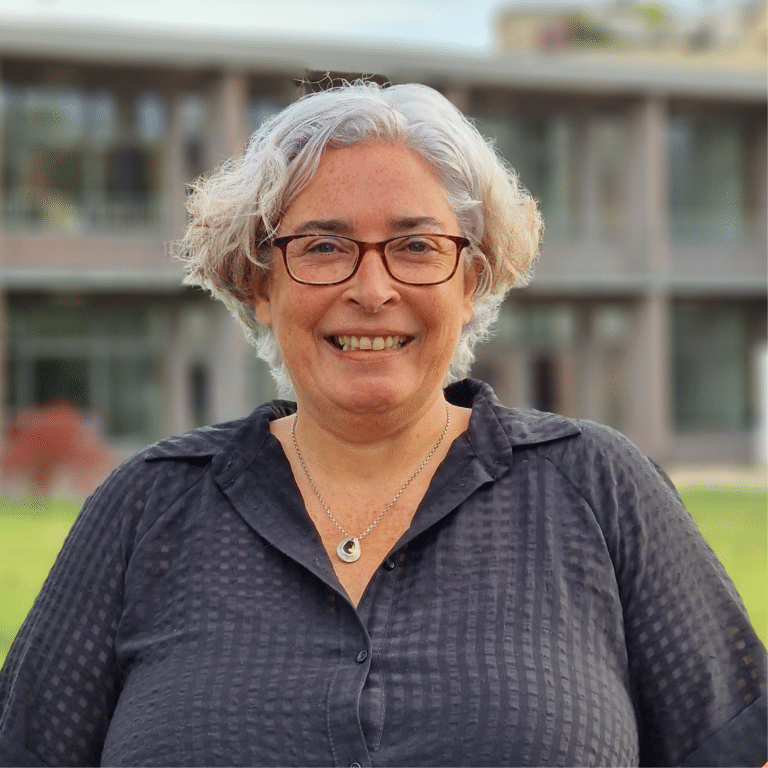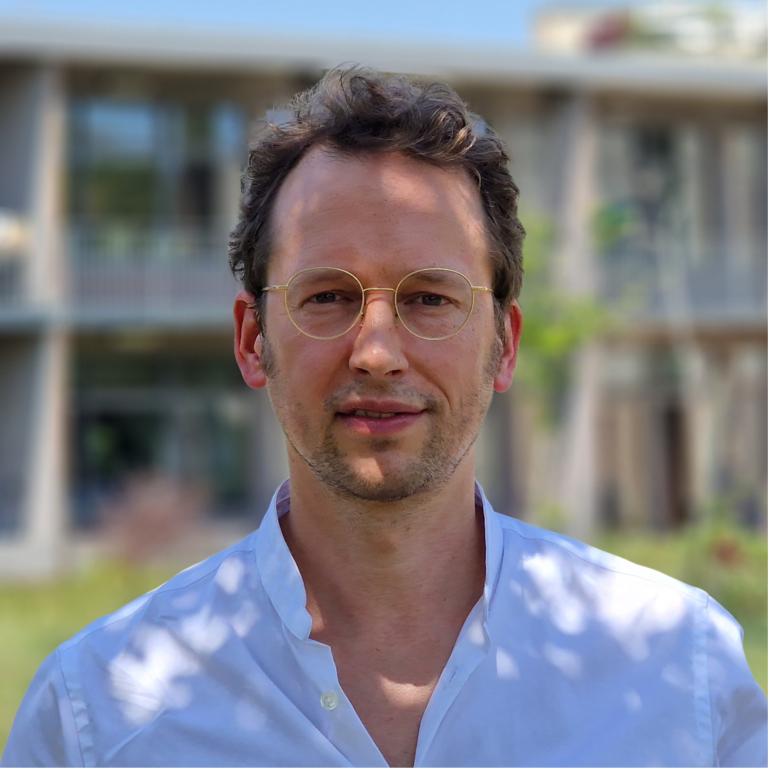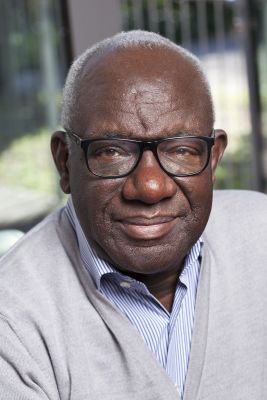Research project
En-languagement of Cognition.
A Multidisciplinary Exploration of the Role of Compositionality of Language on Perception, Memory and Intelligence.
Summary of research project
Fenna Poletiek’s research project, titled “En-languagement of Cognition,” delves into a multidisciplinary exploration of the relationship between language compositionality and cognitive functions such as perception, memory, and intelligence.
Hypothesizing Linguistic Impact on Cognitive Functions
Poletiek’s project is inspired by the historical philosophies of David Hume and Frege, who proposed that both visual perception and language are based on the principle of compositionality, where objects are perceived or sentences are understood as a combination of their characteristic elements. The project aims to investigate how language, through its compositional structure, may influence sensory perception and other cognitive skills, leading to unique human abilities like mental imagery, creativity, and complex thinking.
The central hypothesis of the project, termed “en-languagement,” posits that linguistic compositionality plays a crucial role in shaping cognitive functions. Poletiek proposes that the process of composing meaning in language is similar to the process of feature integration in sensory perception. As language skills develop, this feature separation and recombination foster the development of visualization and imagination capabilities, enabling individuals to recognize, categorize, and create new objects and events. Thus, the hypothesis suggests that linguistic compositionality has a fundamental impact on cognition, leading to human singularity.
Unifying Work on Compositionality to Explore Linguistic Effects on Perception and Memory
The main goal of Fenna Poletiek’s fellowship project at the IMéRA (Institut d’Études Avancées d’Aix-Marseille Université) is to unite research on compositionality from various disciplines and levels of study. This interdisciplinary approach aims to explore the effects of linguistic compositionality on perception, visual memory, and cognitive development. Poletiek intends to develop a theoretical model, generate predictions, and conduct empirical studies, including experiments with humans and children, along with mathematical modeling of compositional cognition.
The project will involve collaboration with researchers from different fields, such as cognitive psychology, linguistics, comparative psychology, and mathematics, to gain insights into the role of compositionality in memory and perception. By working with experts in Marseille, Poletiek aims to establish an interdisciplinary network that facilitates investigations into the interactions between compositional language and cognitive systems. Additionally, the project seeks to shed light on the evolutionary significance of linguistic complexity in human cognition and its potential influence on memory, imagination, intelligence, and other cognitive functions.
The research fellowship at Iméra offers a unique opportunity for Poletiek to share her expertise in cognitive science with colleagues from various social sciences and humanities. Poletiek’s background as an expert witness in cognitive psychology for the court also fuels her interest in collaboration on studies related to false memories and the reliability of eyewitness testimonies. Moreover, her personal attachment to France further motivates her to engage with scholars in Marseille and participate in interdisciplinary research, exploring diverse topics alongside her main expertise in language and cognition.
Biography
Dr. Fenna Polietek was born in the Netherlands and spent a significant part of her childhood in France, Amiens, from the age of 8 to 17. She obtained her Psychology degree from the University of Groningen and went on to complete her PhD at the University of Amsterdam under the guidance of Professor Mellenbergh, an expert in Statistics and Methods of Psychology. Her doctoral research focused on Hypothesis Testing Behavior.
From 1997 to 2004, Dr. Polietek was a fellow of the Royal Netherlands Academy of Arts and Sciences (KNAW) at Leiden University, where she established a research line exploring complex grammatical structures. Currently, she holds a part-time position as an Assistant Professor of Cognitive Psychology at Leiden University. Simultaneously, she serves as a part-time Senior Investigator at the Max Planck Institute of Psycholinguistics, specifically working within Professor Hagoort’s group, Neurobiology of Language. Additionally, she holds the title of Visiting Professor at the Institute of Bioscience at Newcastle University in the United Kingdom.
Dr. Polietek’s expertise extends beyond academia, as she is also a registered Expert Witness for the Court in the field of Cognitive Psychology, providing insights on Statement Validity and the Value of Evidence.
Throughout her career, Dr. Polietek has made significant contributions to various disciplines. In the field of Philosophy of Science, she provided a groundbreaking formal proof showcasing the unity between falsificationism and confirmationism, which were previously considered mutually exclusive. Her work demonstrated that maximizing the chances of having a hypothesis falsified aligns with maximizing the power of the test to confirm the hypothesis.
In Cognitive Science, she made two notable contributions. First, her research revealed that the ordering of exemplars of a language, based on their recursive complexity, significantly aids learners in inferring grammatical rules from the input. This finding challenged the prevailing belief that the size and complexity of the input were the primary factors influencing learning.
Second, her recent experiments demonstrated that the combinatorial complexity of verbal labels, referring to separate visual features of an object, enhances the feature separation and integration process in perception compared to using a single arbitrary label. Although this process may slow down perception, it enhances memory for object names.
Dr. Polietek’s innovative and interdisciplinary work has significantly advanced the understanding of cognitive processes, particularly in the areas of language, memory, and perception. Her research continues to shed light on the intricate connections between these domains and contributes to the broader fields of Psychology and Cognitive Science.




